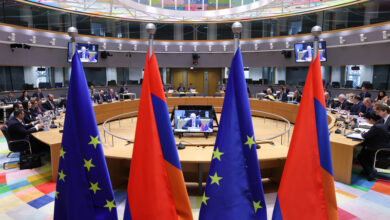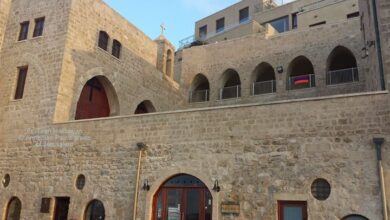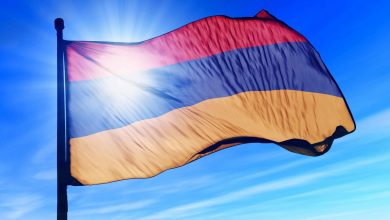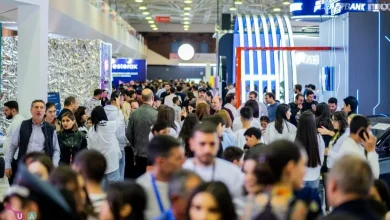Al-Monitor: Turkish genealogy database fascinates, frightens Turks
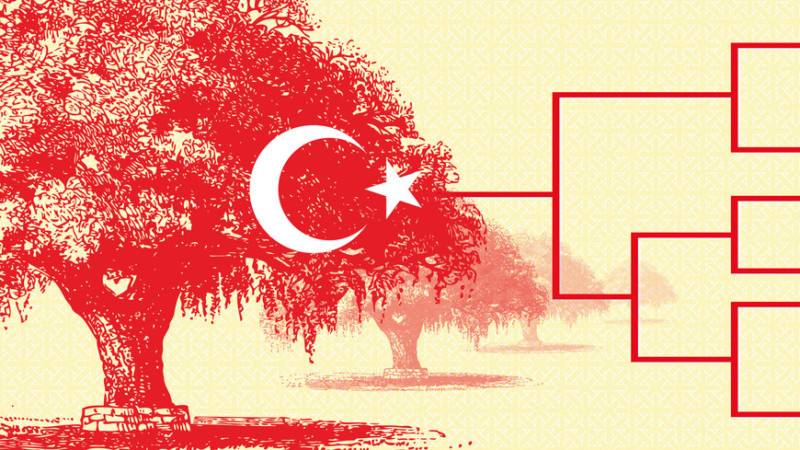
Image by Hugo Goodridge/Al-Monitor
During the days when Turkey still hoped to join the European Union, its people were becoming willing to question their ethnic and religious ancestry. Since then, the country has reverted to a time when people were disgraced and denigrated, with the government’s blessings, as “crypto-Armenians,”Turkish journalist Fehim Tastekin writes in an article published by Al-Monitor.
According to the author, there were two main reasons for all this secrecy: to conceal that scores of Armenians, Syriacs, Greeks and Jews had converted to Islam, and to avoid any debate about “Turkishness.” Its definition, “anyone who is attached to the Turkish state as a citizen,” was enshrined in the constitution as part of the philosophy of Mustafa Kemal Ataturk, the founding father of the Turkish Republic and its first president.
For a long time, the official policy was that Turks formed a cohesive ethnic identity in Turkey. But less than two weeks ago, on Feb. 8, population registers were officially opened to the public via an online genealogy database. The system crashed quickly under the demand. Some people who had always boasted of their “pure” Turkish ancestry were shocked to learn they actually had other ethnic and religious roots.
There were those who feared that data obtained from population registers could be used to stigmatize the famous and used for political lynching campaigns. After the database went down, they spoke out against its restoration. One of them was Tayfun Atay, a columnist for Turkey’s daily Cumhuriyet.
“I was advised in a friendly manner not to admit that I am a Georgian. That was the lightest form of pressure. What about those who risk learning they are of Armenian ancestry or a convert? Just think: You think you are a red-blooded Turk but turn out to be a pure-blood Armenian. Imagine the societal repercussions,” he wrote Feb. 12.
As the debate raged, the system suddenly came back online Feb. 14.
Those who oppose the system fear that a society already in a morass of racism will sink into it even further. Others, however, say that though reality might be shocking, couldn’t it be useful in eradicating racism?



